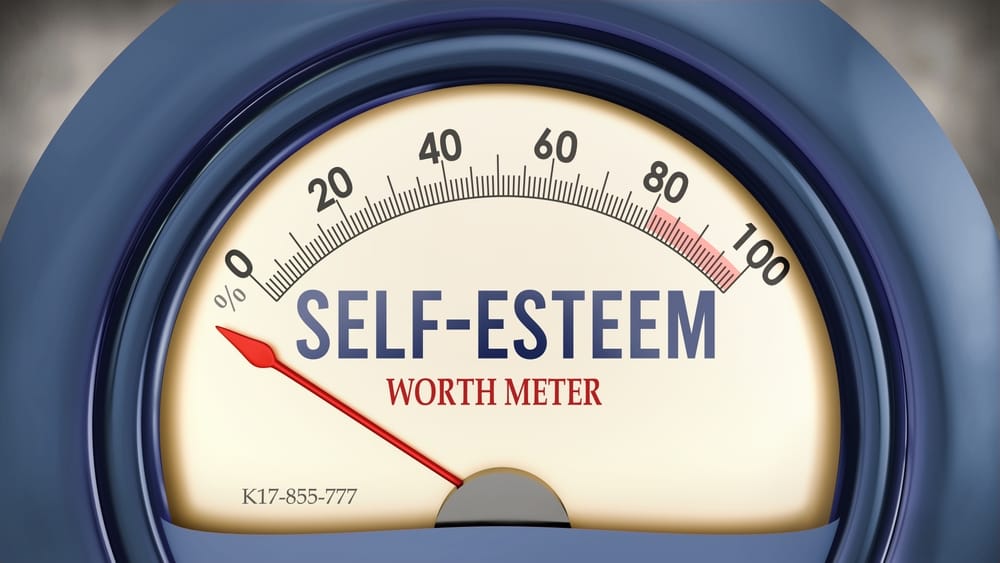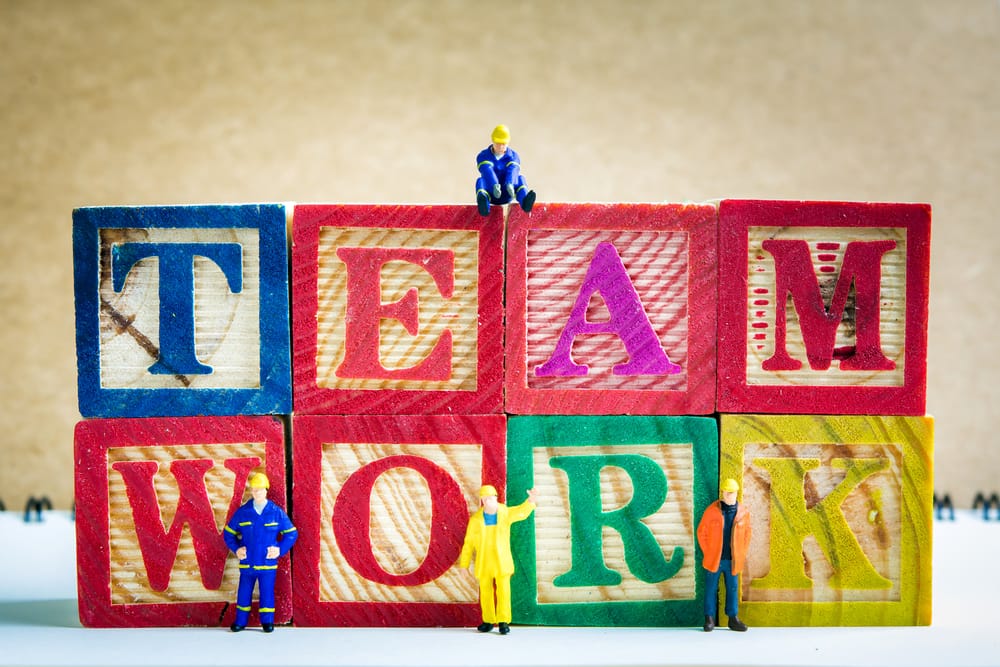
The hard work of healing
Five years ago, I left the corporate world after twenty-five years in senior HR leadership roles. On paper, the trigger was three restructurings in nine months. In reality, it was the culmination of much more: a toxic and painful divorce, a deep period of depression, and the realisation that I was not living with purpose or sustainability.
The irony wasn't lost on me. I'd spent my career helping others learn, grow and align life and work. Yet here I was, holding myself together with sticky tape – not looking after myself, making poor choices, and avoiding the truth. When my GP diagnosed me with depression, it hit me hard. I was the only one in my large family who hadn't experienced it and naively thought I couldn't, given my "expertise" in self-discovery and development.
The silence after success
Leaving corporate life brought its own shock. The phone stopped ringing. The inbox went quiet. The constant "Angus, Angus, Angus" from colleagues disappeared. The silence was deafening. My sense of community vanished overnight - I lost so much connection so quickly. I felt invisible.
I had to rebuild my life from the ground up, personally and professionally.
Recognition comes first
Recognition isn't just naming the problem - it's facing the brutal truths about your circumstances and your own part in them. That's responsibility. Without that, nothing changes. It was the only way to move from the fragile ground I was on towards something stronger.
As leaders, we're trained to solve problems for others, to be the strong one, to have answers. Yet when you're the problem that needs solving, when you're the one who needs help – that requires a different kind of courage.
Doing the hard work
1. Know your purpose and values. Understand your why and your how, and how they connect to your needs for control, confidence, and connectedness. This isn't corporate mission statement fluff – this is about getting to the nub of what actually drives you as a human being.
2. Find your tribe. We all need connection. Identify your people, tell them they matter, support them – and be willing to disconnect from those who don't serve you well. Leadership can be isolating; authentic connection is not optional.
3. Be kind to yourself. Especially on days that feel like Groundhog Day. Kindness is in the language you use with yourself, the boundaries you keep, and the space you give yourself to recover. We often extend more grace to our teams than we do to ourselves.
4. Ask for help. It's both a mindset and a skill. Practice it until it feels less uncomfortable than suffering alone. The strongest leaders I know aren't afraid to be vulnerable with the right people.
5. Take one day at a time. Break things down to what you can manage today. Some days it may be making the bed, taking a shower, and walking the dog. That's still progress.
The hard work isn't a one-off event, it's ongoing. Even five years on, I still have to work on connection, purpose, and self-kindness. Loneliness can creep back. Life throws curveballs. I feel things deeply and am an awful overthinker at times, so there's always something to deal with. The discipline is in continuing to show up for yourself. The reward is notching up those wins, no matter how small.
Staying fit for life's variances
My approach has three parts:
1. Daily gratitude. This is non-negotiable. From the big things – health, home, work – to the smallest like air in my lungs, a good cup of coffee, the smile from a passerby. It's a practice that strengthens resilience and floods your system with healthy hormones.
2. Be effusive with your people. Tell them they matter. Thank them. Praise them. Connection isn't passive, it's something you feed deliberately. For me, being of service is both who I am and a key part of my recovery.
3. Embrace the yin and yang. After light comes darkness; after darkness comes light. I know there will be dips ahead, and that's okay. The point is to trust that I can handle them because I've done it before. You've got this, too!
Mental, emotional and psychological health is like physical fitness – you don't go to the gym for a week and declare yourself set for life. Fuel your mind, feed your emotions, strengthen your spirit, and move your body. True well-being means caring for your whole self. The work continues, through the highs and the lows, for a resilient, empowered, and vibrant life.
The leadership paradox
We're so used to being the answer that we forget it's okay to be the question sometimes.
The last word: Self-Worth
There's only ever going to be one YOU! Do whatever you can, every single day, to be the best version of that person. Even in the dark times – whether during depression, pain and suffering, or loneliness – there are always people who want and need to see your light.
You haven't come this far to only come this far.


